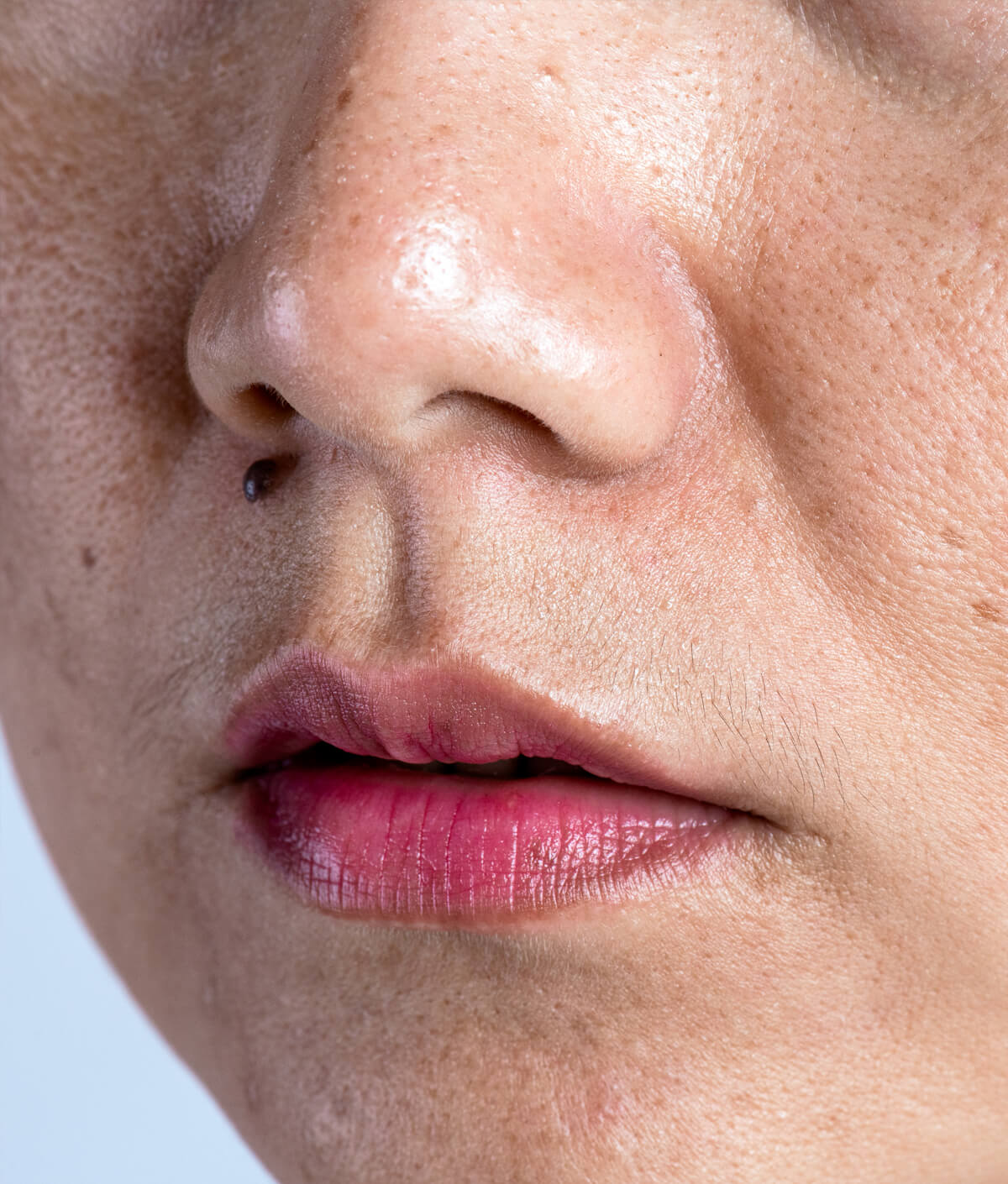Moles & Benign Lesions
What are moles and benign lesions?
Moles and benign lesions are non-cancerous skin growths which are not associated with cancer. They develop when pigmented cells in the skin grow in a clump or cluster rather than spreading throughout the skin as normal.
Other benign lesions, such as skin tags or warts, can develop due to exposure to viruses, skin rubbing, or other health factors.
TYPES OF MOLES AND BENIGN LESIONS
There are two main types of benign moles: common and atypical. While common moles are usually safe and rarely turn into cancer, atypical moles (or dysplastic naevi) are visually difficult to tell apart from melanomas and often need to be sampled to confirm that no skin cancer is present. Regular skin checks are important to keep monitoring these moles and ensure they don’t develop into skin cancers.
Skin tags are small flaps of tissue which usually develop where the skin naturally folds (such as in the armpits or groin). They affect up to half the adult population and often go completely unnoticed. They are best removed if they are unsightly or rub and catch on clothing, but are not otherwise dangerous.
Common warts are caused by an immune reaction to the human papillomavirus (HPV). Although they often disappear on their own in a few months they may sometimes take years. Warts are contagious and are best covered to stop them from spreading and starve them from air and sunlight.

HOW ARE MOLES AND BENIGN LESIONS TREATED?
As moles and benign lesions do not pose an immediate health risk, most do not need to be removed. However, you may choose to have them removed if they cause a cosmetic nuisance or catch on your clothing.
Moles and benign lesions can be removed with a small surgery. This is a very quick procedure which only takes a few minutes and results in very little scarring. Depending on the depth and size of the excision, stitches may be used to close the wound.
Your GP can treat warts and skin tags with cryotherapy. This freezes the growth, killing the tissue and causing it to fall off. Sometimes warts are resistant to this treatment and Dr Tucker regretfully has no other treatment to offer for warts. In this case the patient must wait for them to resolve by themselves. Please see your GP for treatment of warts.
